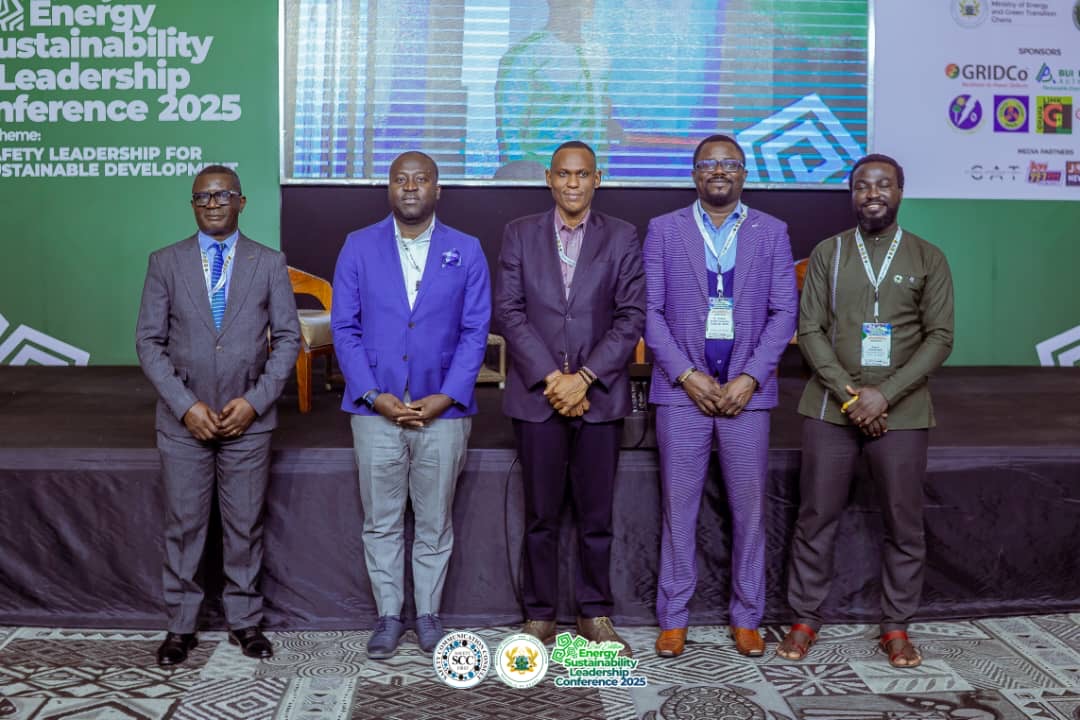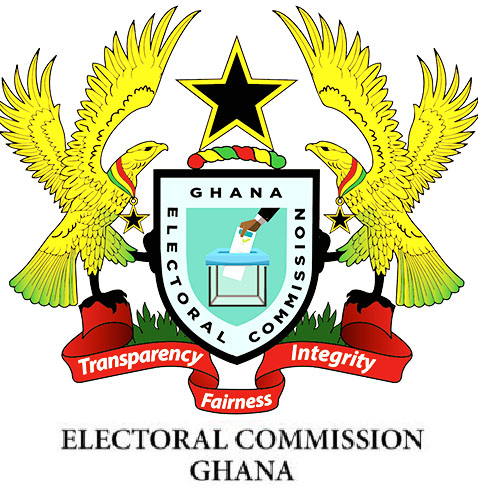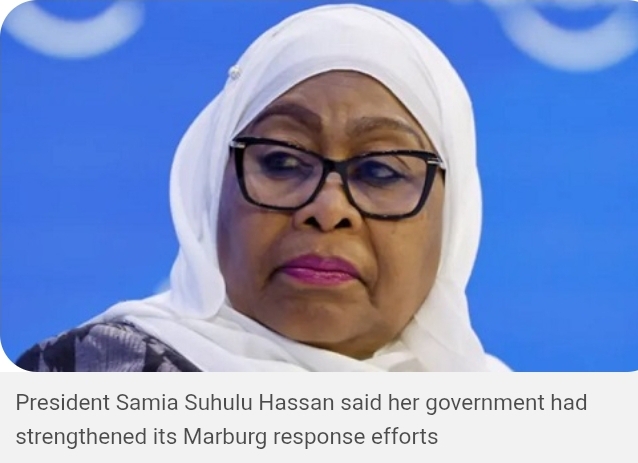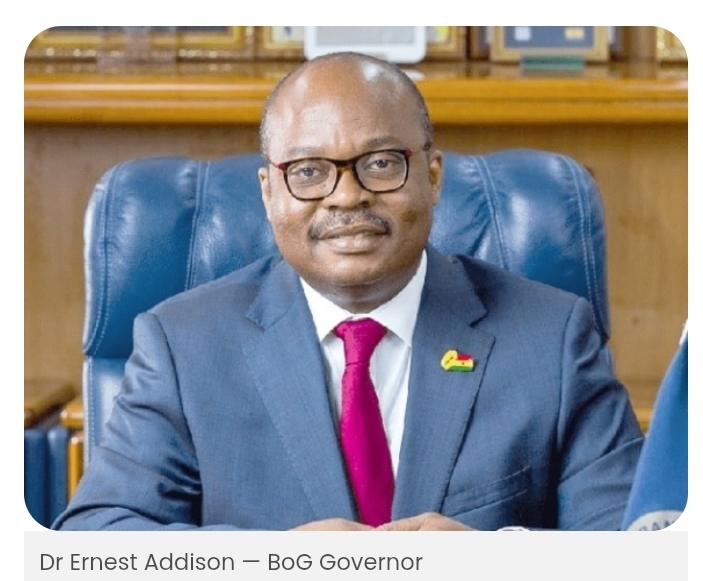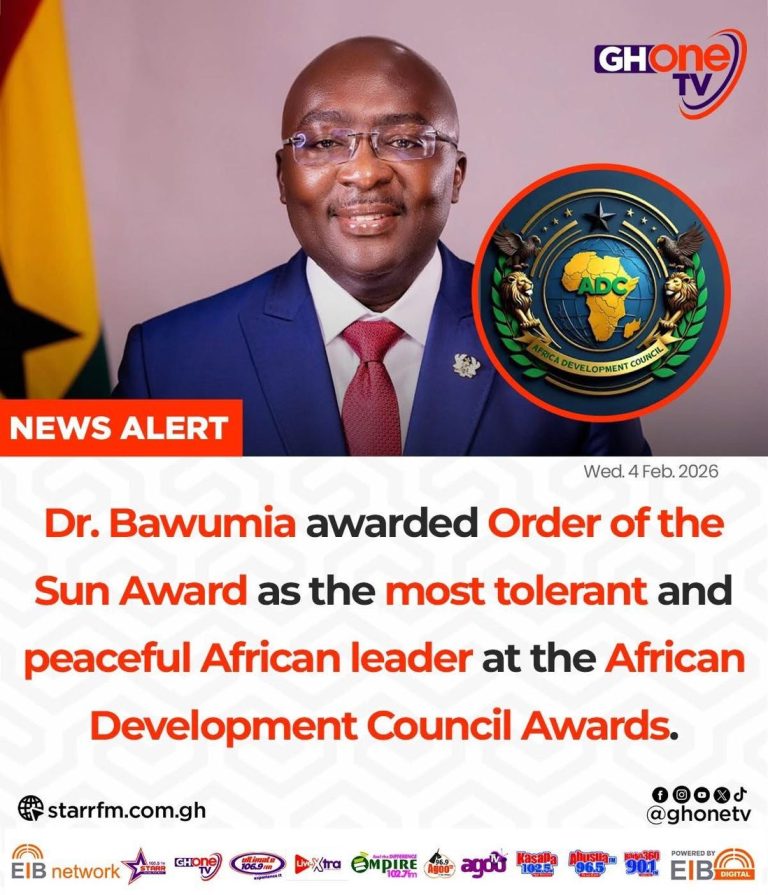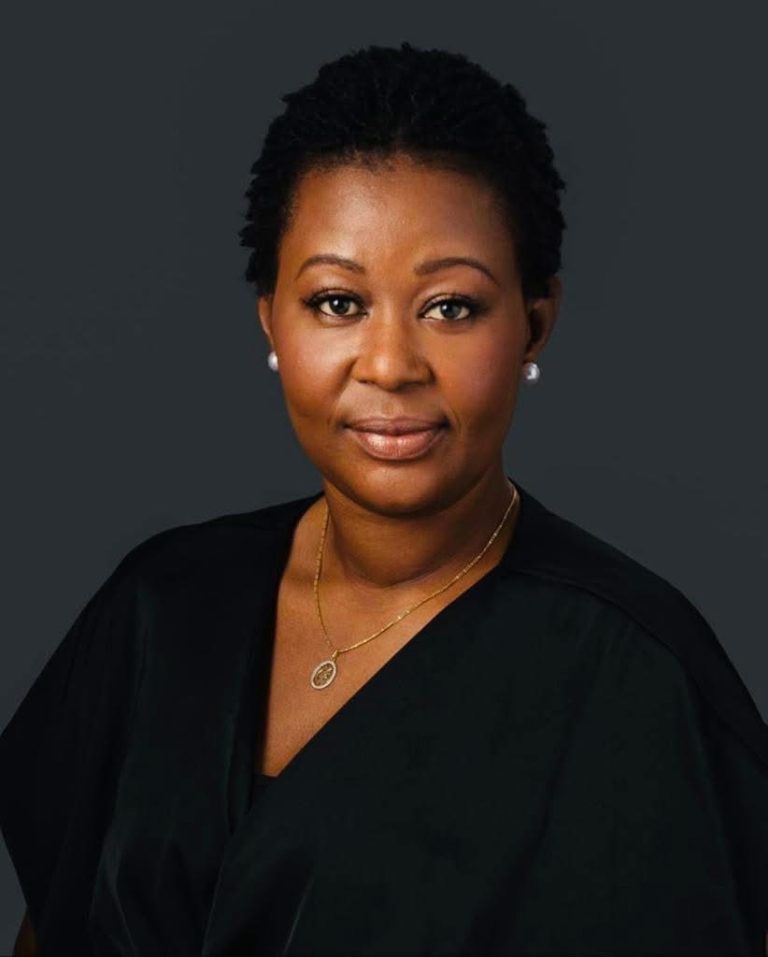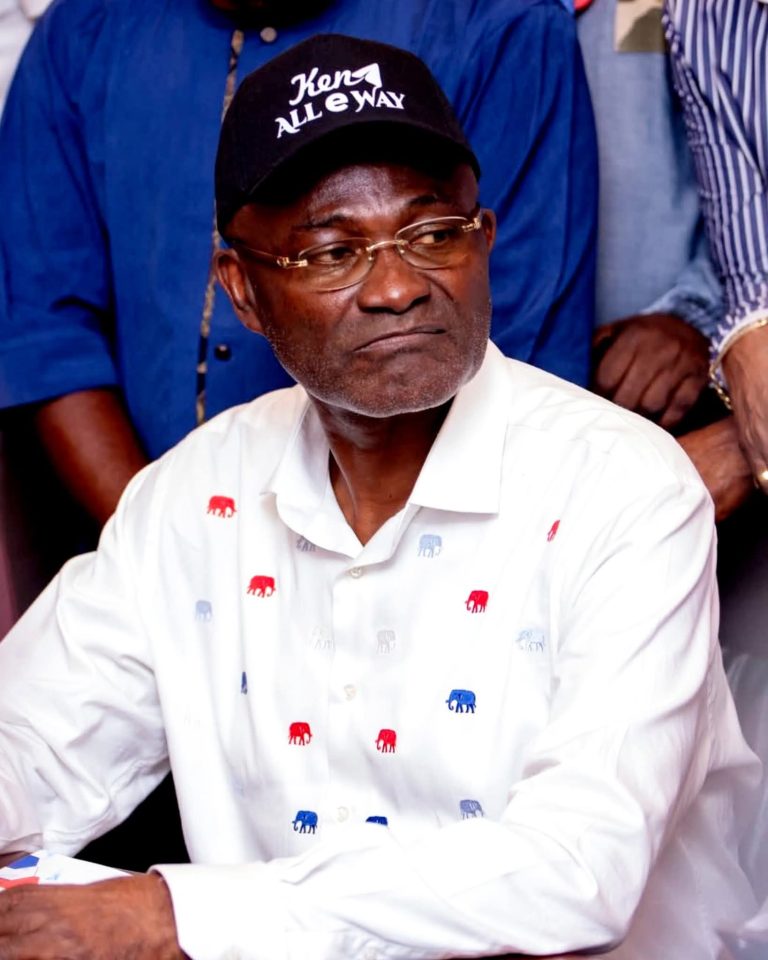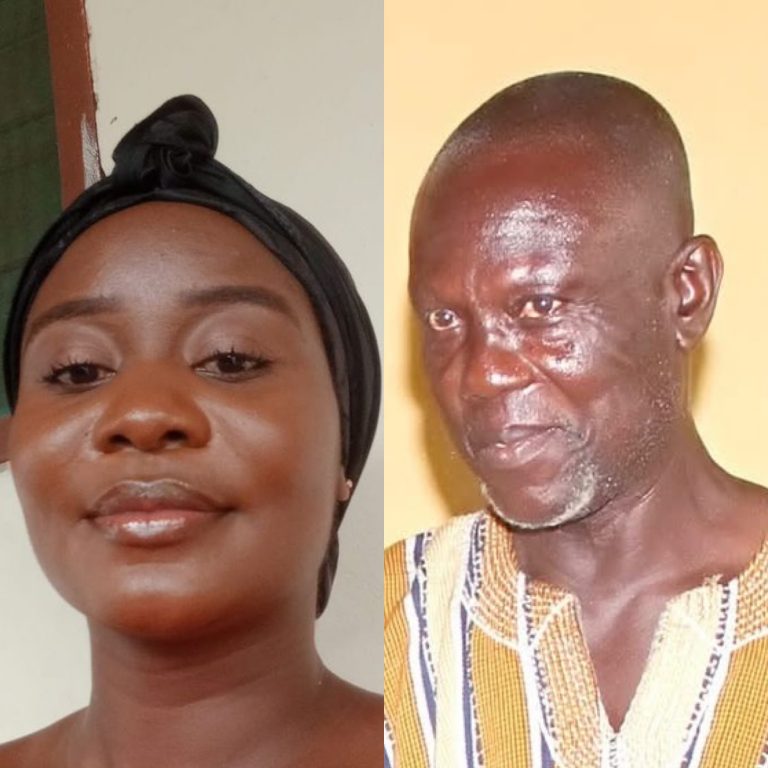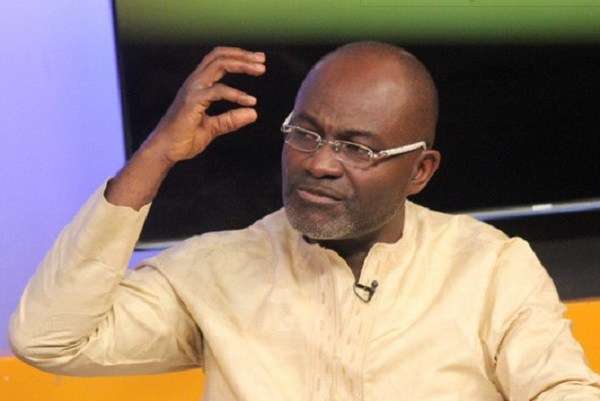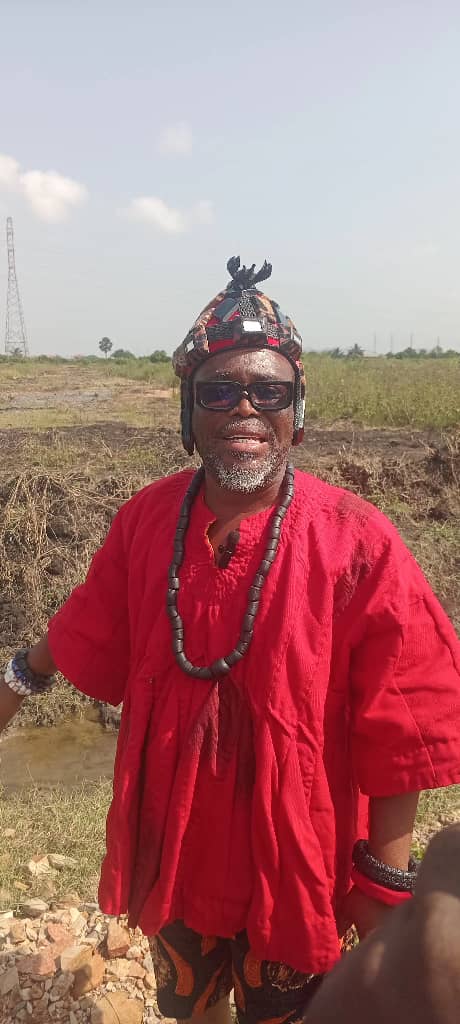Story By: Kwame Larweh
A renewed push to accelerate Ghana’s transition to sustainable energy is gaining momentum, driven by collaborative efforts between key stakeholders in the public and private sectors. This was the central theme at a recent high-impact energy forum organized by Safety Communication Consult, a local consultancy firm.
The forum, which brought together representatives from government, industry, and civil society, focused on bridging the gap between policy and practical implementation to address the nation’s energy challenges and harness the potential of renewable resources.
In an interview, Project Director of Safety Communication Consult, Mr. Eric Apedo, stated that the discussions served as a vital catalyst for action. “Our gatherings are not just talk shops; they are designed to foster the collaborations necessary to turn Ghana’s ambitious renewable energy targets into tangible, on-the-ground projects,” he said.
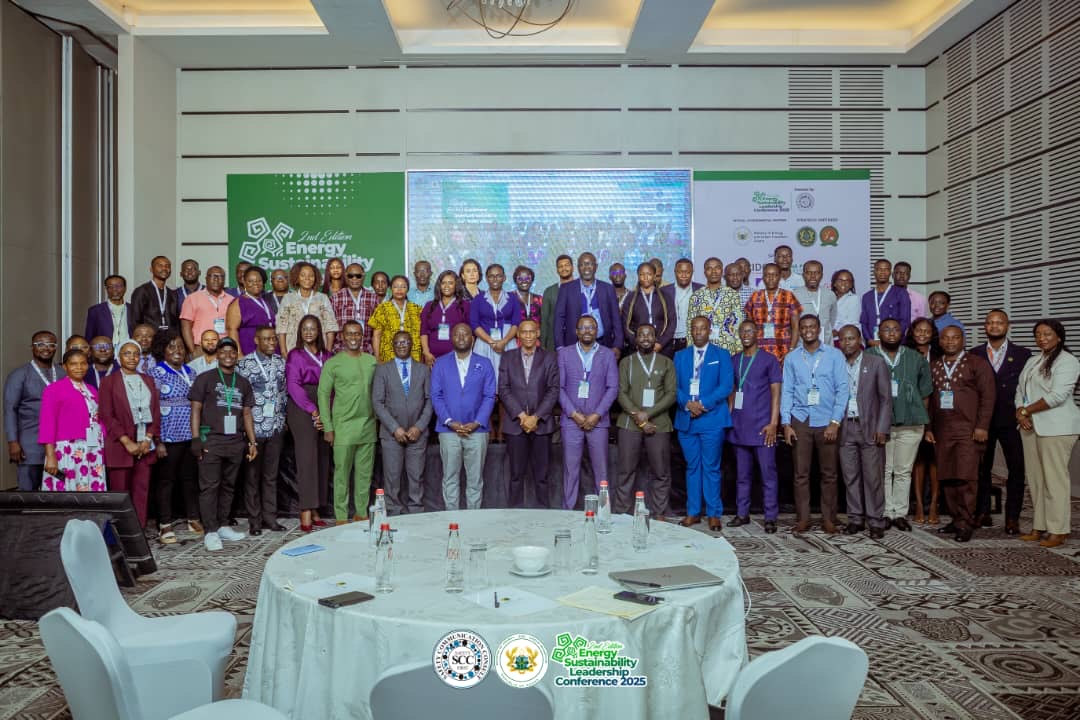
The forum highlighted several critical initiatives, including specialized workshops on solar and wind technologies. These sessions aimed to demystify renewables for local practitioners and policymakers, underscoring the significant economic, environmental, and public health benefits of shifting to cleaner energy sources.
A major focus was on integrating solar power into rural electrification. The government’s Scaling-Up Renewable Energy Programme (SREP) was cited as a key example, with plans to deploy 35 mini-grids and 1,450 solar home systems across the Bono East, Oti, and Savannah regions. This initiative is expected to provide reliable electricity to over 70,000 residents in off-grid communities.
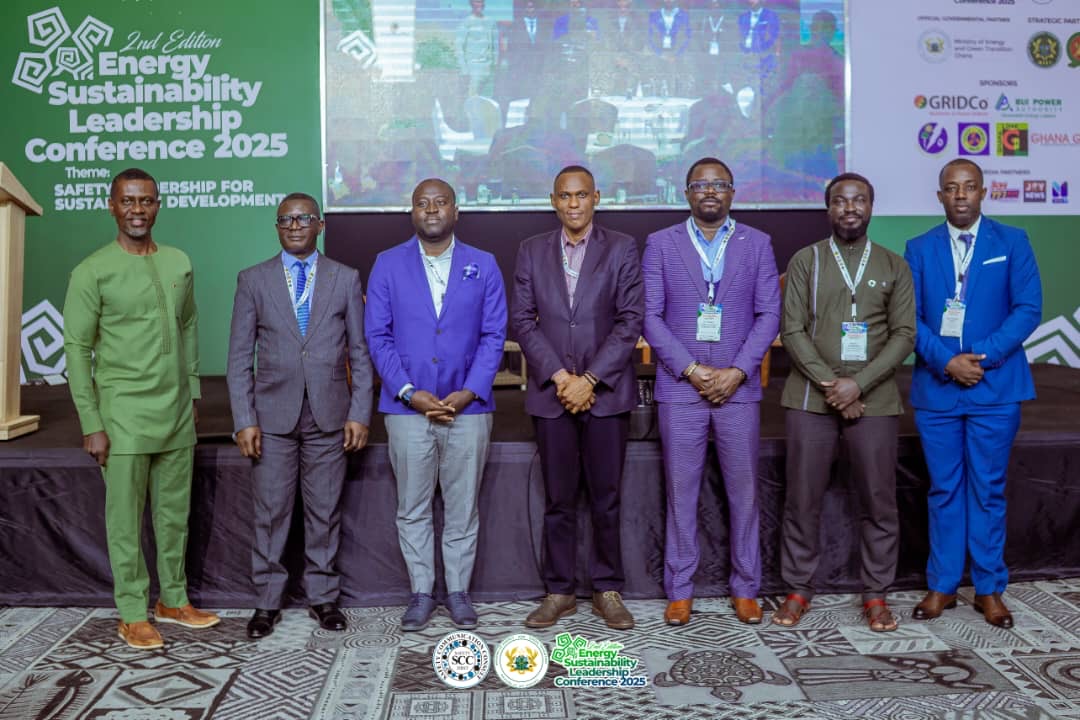
Furthermore, the potential for developing wind farms in coastal regions such as Anloga, Atiteti, and Denu was discussed as a strategic move to diversify Ghana’s energy mix and enhance national energy security.
This stakeholder drive has garnered strong backing from key state institutions, including the Ministry of Energy, the Ministry of Environment, Science, Technology and Innovation (MESTI), and the State Interests and Governance Authority (SIGA).
These partnerships are already yielding results. Notable projects underway include a 25MW floating solar plant at the Bui Dam and a 30MW solar installation at the Kpong Reservoir, developed in partnership with Germany’s KfW Bank.
These efforts are central to achieving Ghana’s national goal of generating at least 10% of its electricity from renewable sources by 2030, as outlined in the Renewable Energy Master Plan.
With the nation’s electricity demand growing at approximately 4.7% annually, experts at the forum agreed that a concerted and accelerated shift towards renewables is not just an environmental imperative but a crucial step for ensuring sustainable economic growth and preventing future power challenges.
The consensus was clear: through continued collaboration and commitment, Ghana can secure a brighter, more sustainable energy future for all its citizens.

